Caída del cabello
¿Qué causa alopecia?
Carencias nutricionales
Estrés
Desequilibrios
hormonales
Factores genéticos
Postparto
Efectos adversos a medicamentos
¿Qué causa alopecia?
Carencias nutricionales
Factores genéticos
Estrés
Postparto
Desequilibrios hormonales
Efectos adversos a medicamentos
Tipos de alopecia
Existen numerosos tipos de alopecias reconocidas en dermatología según la causa u origen, el patrón de pérdida de pelo o la evolución.
Algunas de ellas pueden ser de carácter irreversible y por ello es fundamental un correcto diagnóstico por parte del dermatólogo.
Caída reaccional o estacional / Efluvio telógeno
Alopecia Androgénica femenina
Alopecia Androgénica masculina
Alopecia senil
Alopecia areata
Alopecia por quimioterapia

Pilopeptan® Woman Proteokel
Cuidar de la piel del cuero cabelludo, es cuidar también de los folículos pilosos.
Pilopeptan® Woman Proteokel previene el envejecimiento capilar y contribuye al crecimiento del cabello ayudando a combatir algunos tipos de alopecia.
Tipos de alopecia
Existen numerosos tipos de alopecias reconocidaos en dermatología según la causa u orígen, el patrón de pérdida de pelo o la evolución.
Algunas de ellas pueden ser de carácter irreversible y por ello es fundamental un correcto diagnóstico por parte del dermatólogo.
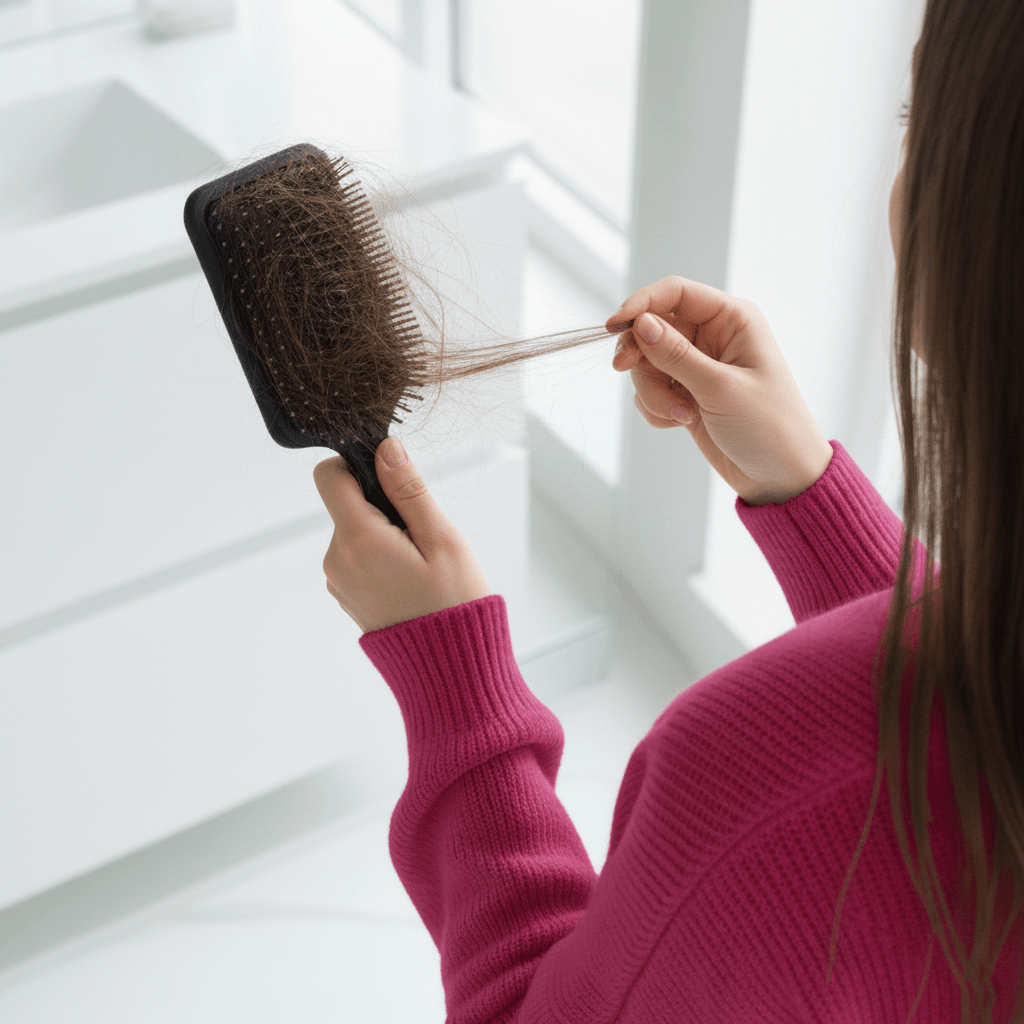
Caída reaccional / efluvio telógeno
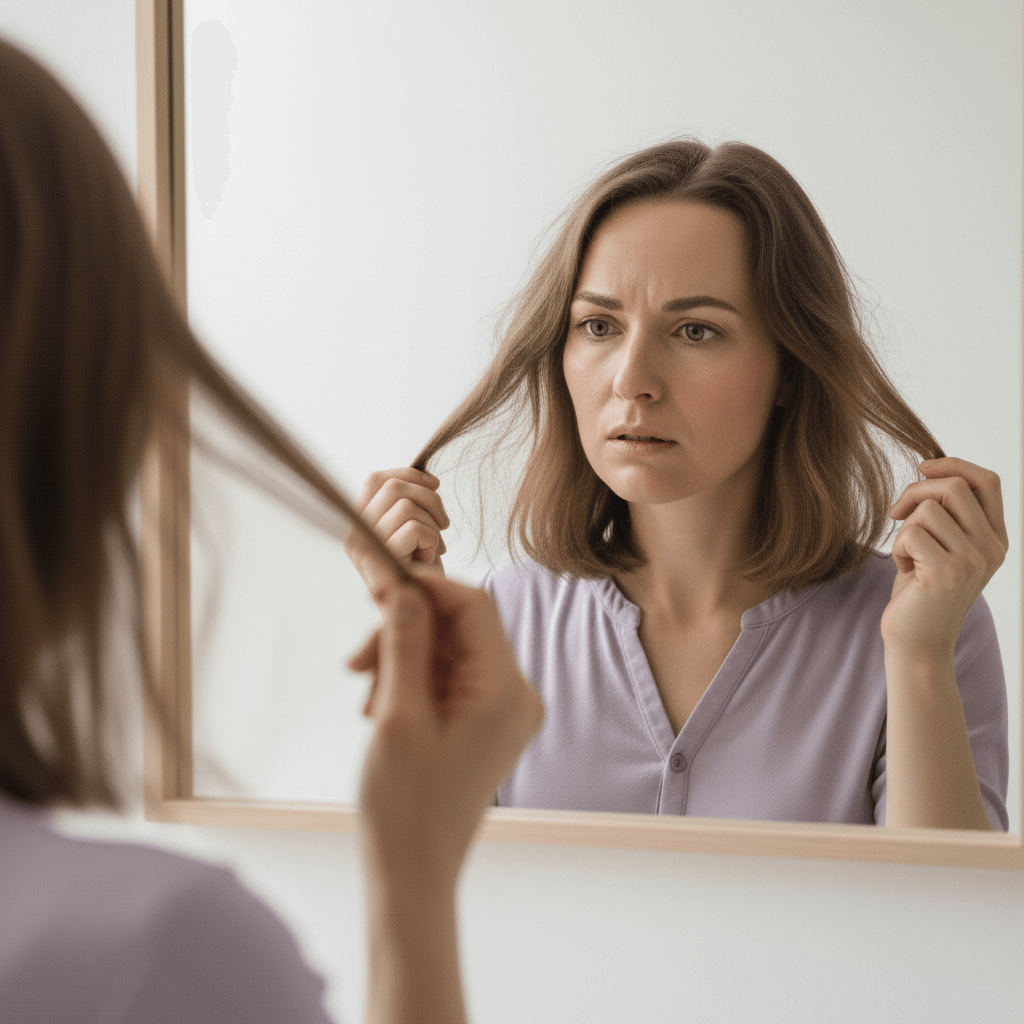
Alopecia androgénica femenina
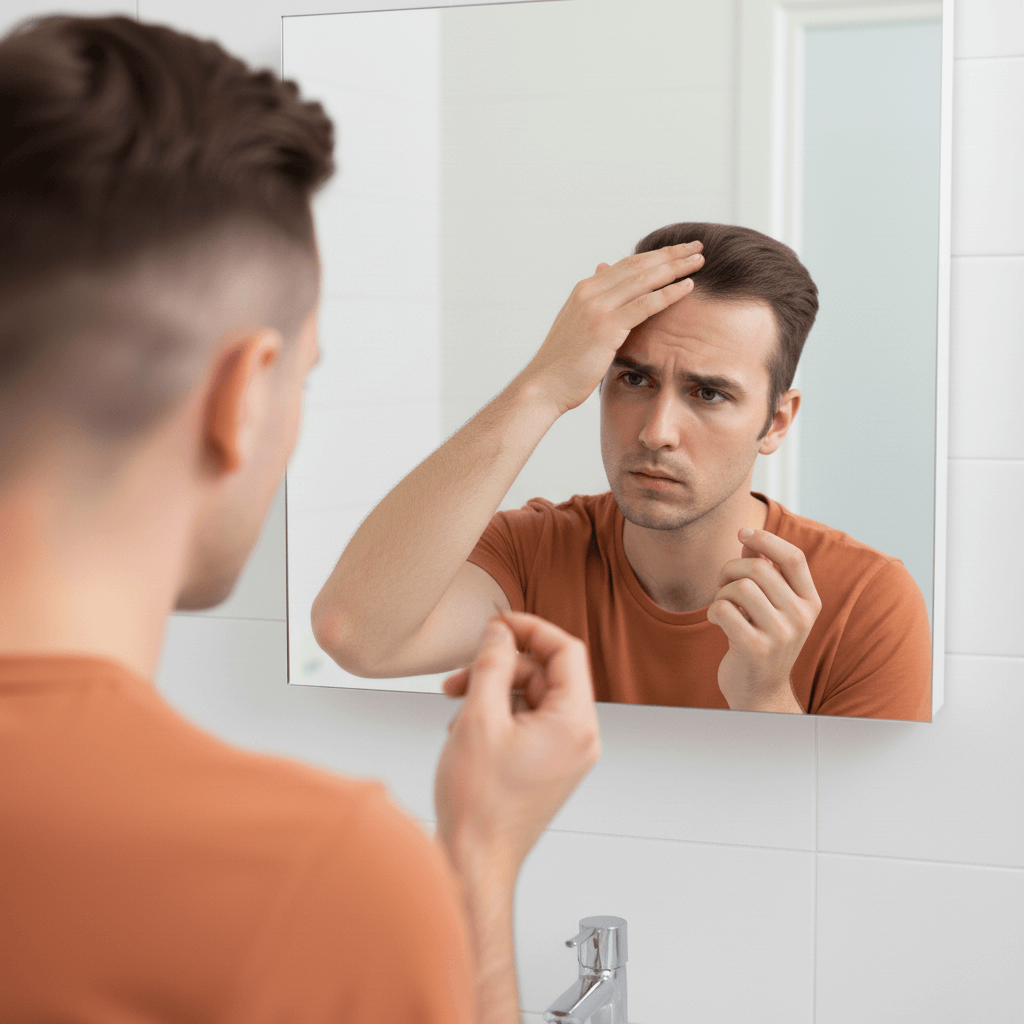
Alopecia androgénica masculina



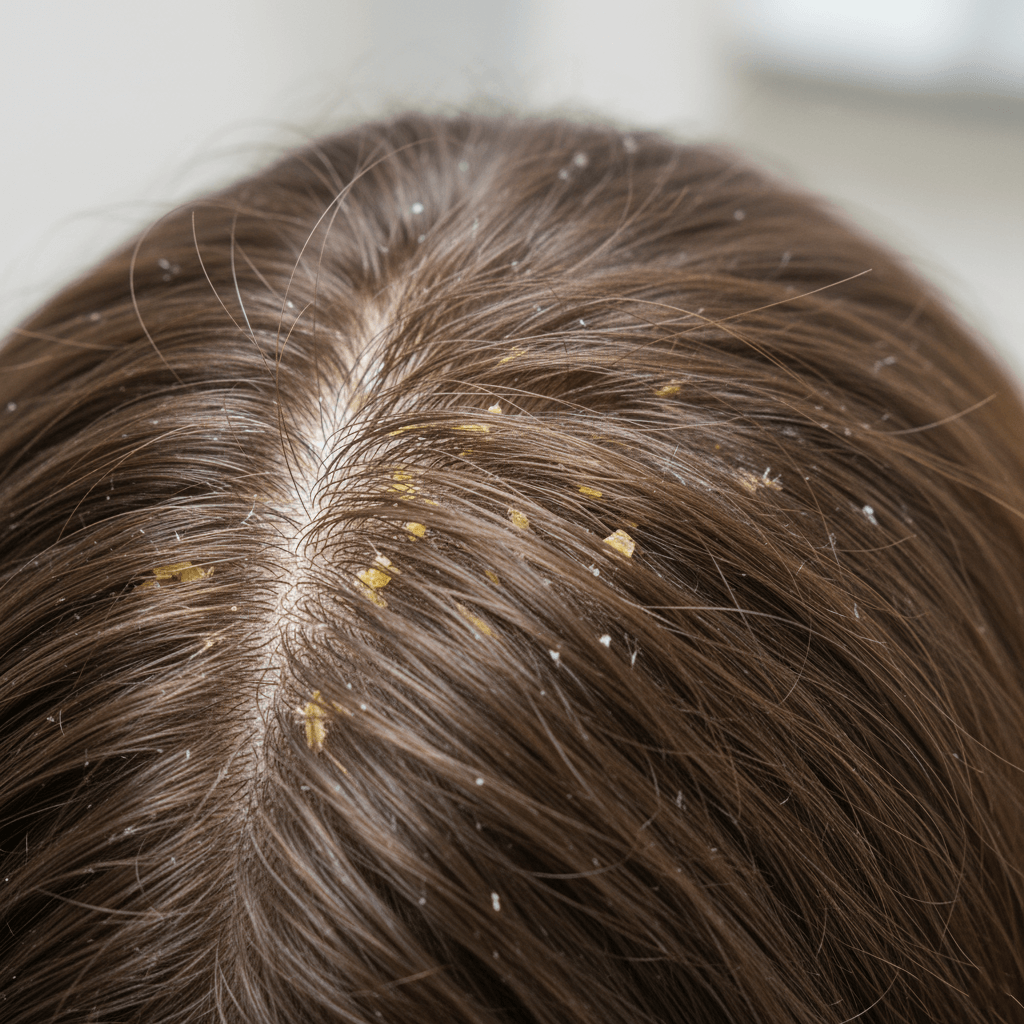
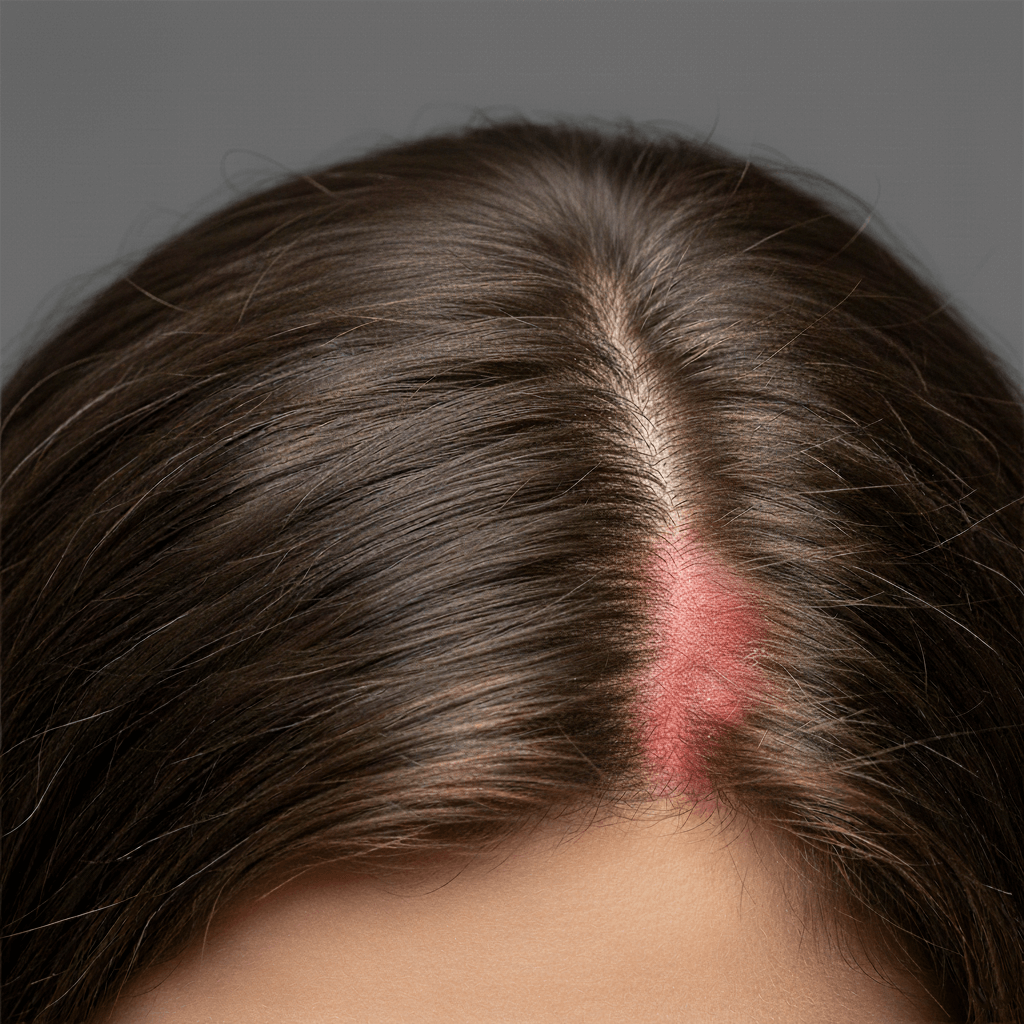
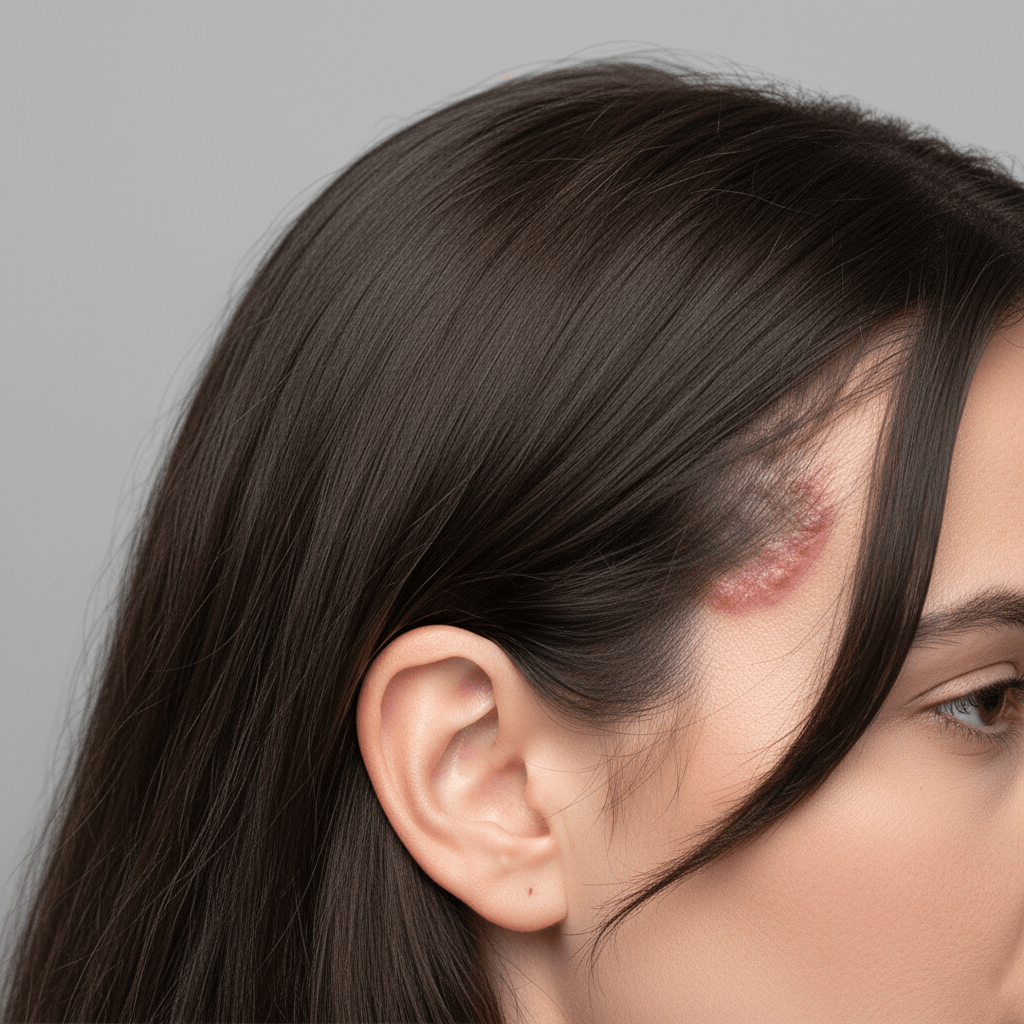
Productos Relacionados
Estimula el crecimiento del cabello y ayuda a frenar la caída reaccional aguda.
Ayuda a combatir la pérdida de densidad debida y refuerza el crecimiento del pelo en hombres.
Contribuye a frenar la pérdida de densidad y refuerza el crecimiento del pelo.
Lo que opinan nuestras usuarias






FAQs
¿Cómo garantiza Pilopeptan® la colaboración con expertos en el desarrollo de sus soluciones?
En Pilopeptan®, nuestra ciencia y tecnología se construyen sobre un pilar fundamental: la colaboración con profesionales sanitarios de primer nivel. Garantizamos esta sinergia a través de alianzas estratégicas con dermatólogos tricólogos, farmacéuticos y otros especialistas que están en contacto directo con las necesidades reales de los pacientes. Este modelo nos permite desarrollar soluciones innovadoras y altamente efectivas, como Pilopeptan® Woman y Pilopeptan® Intensive, asegurando que cada producto responda a las necesidades reales del cabello y uñas en momentos clave.Nuestra innovación nace de este diálogo constante entre la investigación de laboratorio y la experiencia clínica.
¿Qué importancia tiene la experiencia de profesionales como la Dra. Palacio para la marca Pilopeptan®?
La experiencia de profesionales como la Dra. Carolina Palacio es muy importante para Pilopeptan® y el desarrollo de nuestra gama de productos para el cuidado del cabello y las uñas. Su amplio conocimiento en patologías, su contacto directo con los pacientes y su participación activa en la investigación nos permiten ir más allá de la teoría. La Dra. Palacio, co-autora de nuestra última innovación, Pilopeptan® Woman Proteokel, aporta una visión clínica invaluable que guía el diseño de nuestras fórmulas. Esto asegura que los productos de Pilopeptan® no solo sean avanzados científicamente, sino también prácticos y eficaces en el día a día.
¿Por qué es importante que haya estudios clínicos y evidencia científica detrás de los productos cosméticos que compramos?
El hecho de que haya estudios clínicos y evidencia científica detrás de los productos Pilopeptan® es fundamentalporque ofrece una garantía de eficacia, seguridad y confianza. Significa que las promesas del producto están respaldadas por datos rigurosos obtenidos en investigaciones controladas. Esto es especialmente relevante en el cuidado del cabello y las uñas, donde los resultados requieren tiempo, dedicación y una inversión personal significativa. Al elegir Pilopeptan®, eliges una solución basada en la ciencia y la tecnología, que ha demostrado sus resultados, como la mejora visible en solo 15 días en el caso de Pilopeptan® Intensive.
¿Son mejores los productos 100% naturales?
En cuanto a si es mejor utilizar productos 100% naturales, la respuesta es que no necesariamente. Aunque los ingredientes naturales pueden ser beneficiosos, la ciencia y la tecnología permiten aislar, purificar y optimizar los principios activos (sean naturales o sintéticos) para lograr la máxima eficacia y estabilidad. Un producto formulado científicamente, como los de Pilopeptan®, garantiza la concentración adecuada de cada ingrediente, la pureza y la capacidad de penetrar donde es necesario para obtener resultados reales, superando en muchos casos a las alternativas puramente naturales en términos de rendimiento y fiabilidad. Nuestro enfoque combina lo mejor de la naturaleza con el rigor científico para ofrecer soluciones avanzadas.




